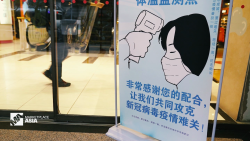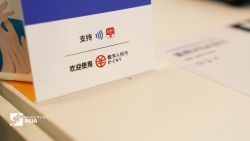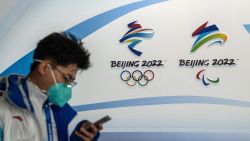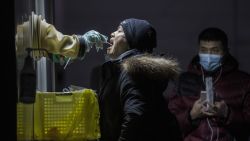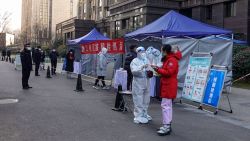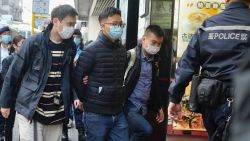China’s anger is growing over the arrest of a top Chinese tech executive wanted by the United States. A Canadian court on Monday delayed its decision on whether she should be let out on bail.
Huawei CFO Meng Wanzhou has been detained in Vancouver since December 1 and faces extradition to the United States. She’s accused of helping Huawei, one of the world’s biggest makers of smartphones and networking equipment, dodge US sanctions on Iran, according to Canadian prosecutors.
The arrest of Meng, the daughter of Huawei’s founder, has put a new strain on the tense relationship between Washington and Beijing just as the two sides are trying to negotiate an end to their damaging trade war. It has also highlighted the intensifying clash over technology between the world’s top two economies.
Meng appeared in court in Vancouver on Friday at a hearing to determine whether she should be let go on bail. The judge, after hearing arguments from Meng’s lawyer and the prosecutors, didn’t make a decision. The hearing resumed Monday, but ended without a final decision on bail. It will continue Tuesday.
Meng’s attorney, David Martin, is proposing that Meng be allowed to reside in one of her properties in Vancouver. He said Meng would be closely monitored and would cover all the related security costs.
The Chinese government has started to ramp up the pressure on the United States and Canada over the arrest, demanding Meng’s release.
The Chinese Foreign Ministry said over the weekend that it had summoned both US Ambassador to China Terry Branstad and Canadian Ambassador to China John McCallum to address Meng’s detention, which it described as “lawless, reasonless and ruthless.”
Chinese Vice Foreign Minister Le Yucheng warned that Canada would face “serious consequences” if it did not release Meng immediately and expressed “strong protest against the US’s unreasonable direction to Canada” to detain her.
Health concerns
Meng, 46, is a high-profile executive at one of China’s most important tech companies. In addition to her role as CFO, she serves as a deputy chairperson on Huawei’s board.
The United States alleges that Meng helped Huawei get around US sanctions on Iran by telling financial institutions that a Huawei subsidiary was a separate company, according to Canadian prosecutors. The US Justice Department has declined to comment on the case.
Much rides on the outcome of her bail hearing. US stocks plunged last week, in part because of Meng’s arrest and uncertainty about what it means for the trade talks between the United States and China.
Martin, Meng’s lawyer, argued in court Friday that she should be released on bail while she waits for an extradition hearing because of health concerns including severe hypertension.
She was taken to a hospital to be treated for hypertension after she was arrested, according to court documents.
Martin also said Meng has ties to Canada and is not a flight risk. Her links to Vancouver go back at least 15 years and she has significant property holdings in the city, he added.
Meng’s family is seeking to remain in Vancouver if she’s released on bail, according to Martin. Her husband is proposing to bring their daughter to Vancouver for school during the trial.
On Sunday, there was a break in at Meng’s Vancouver home. Police are investigating, according to a source familiar with the probe.
Huawei hopeful courts will reach ‘right conclusion’
Martin also claimed the case against Meng had not been fully laid out, even though the United States signed off on her arrest warrant months ago. A US federal judge issued a warrant for her arrest on August 22.
The attorney argued that Meng wouldn’t breach any court order to remain in Canada because doing so would embarrass her personally, and would also humiliate her father, Huawei and China itself.
In a statement regarding the hearing, Huawei said it has “every confidence that the Canadian and US legal systems will reach the right conclusion.”
The company has said it was “not aware of any wrongdoing by Ms. Meng” and that it “complies with all applicable laws and regulations where it operates.”
Should Meng’s extradition to the United States go ahead, the process could take months.
The United States has 60 days from the date of a provisional arrest to provide Canada with its formal extradition request and supporting documents. Canada’s Justice Department then has 30 days to weigh the request and greenlight an extradition hearing in which the request is weighed by a judge.
Alberto Moya, Scott McLean, Jethro Mullen, Yong Xiong and Susannah Cullinane contributed to this report.







